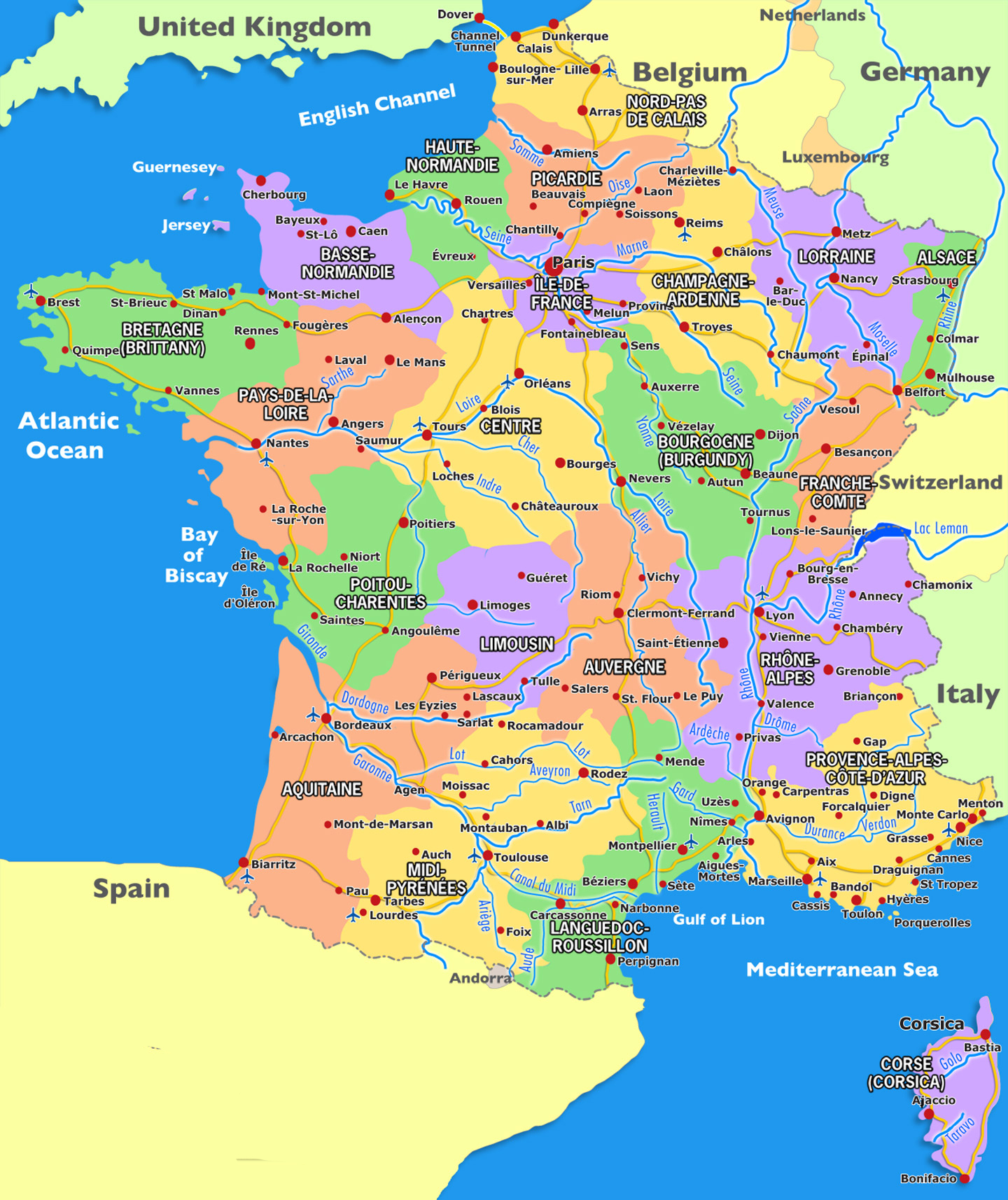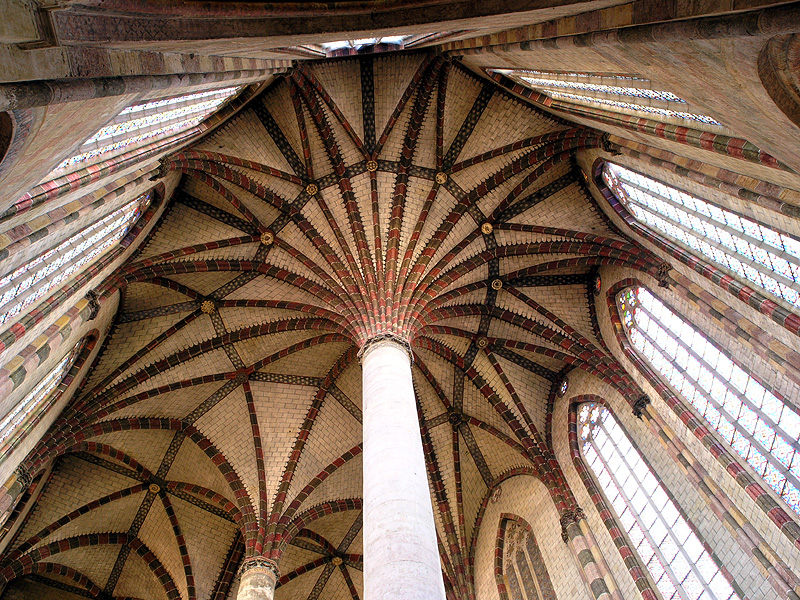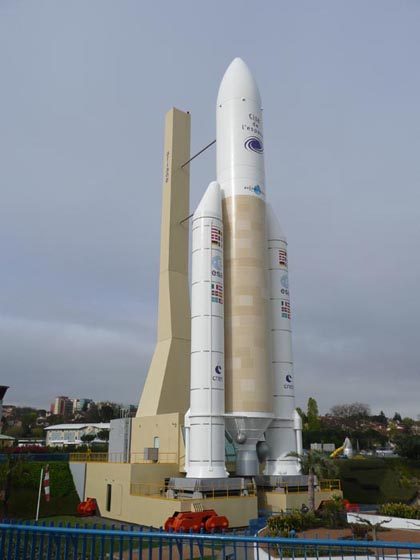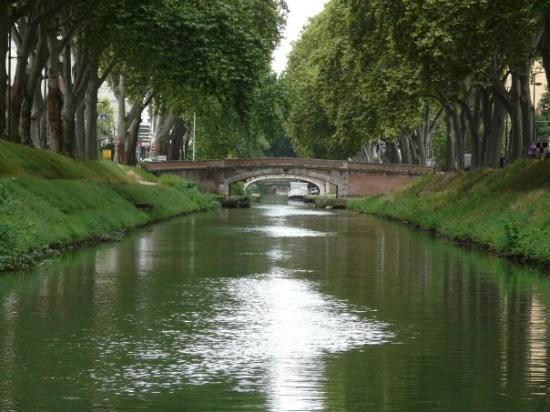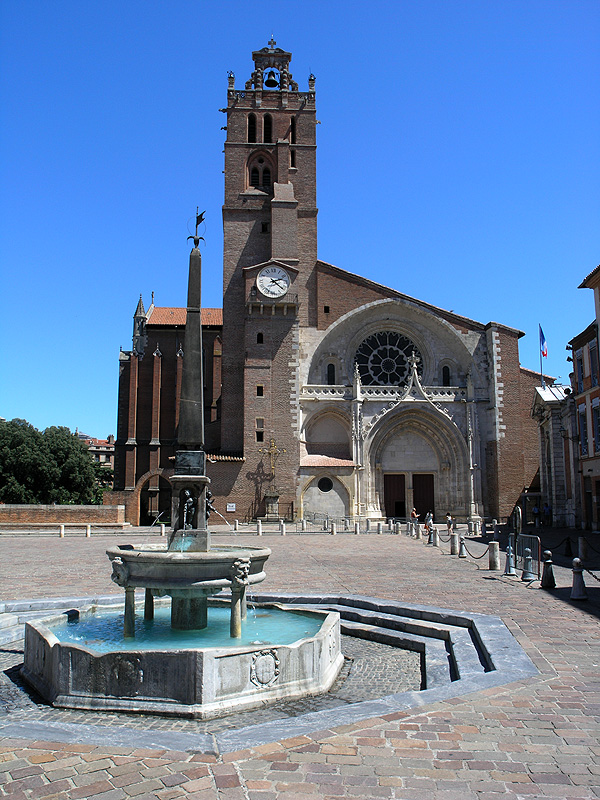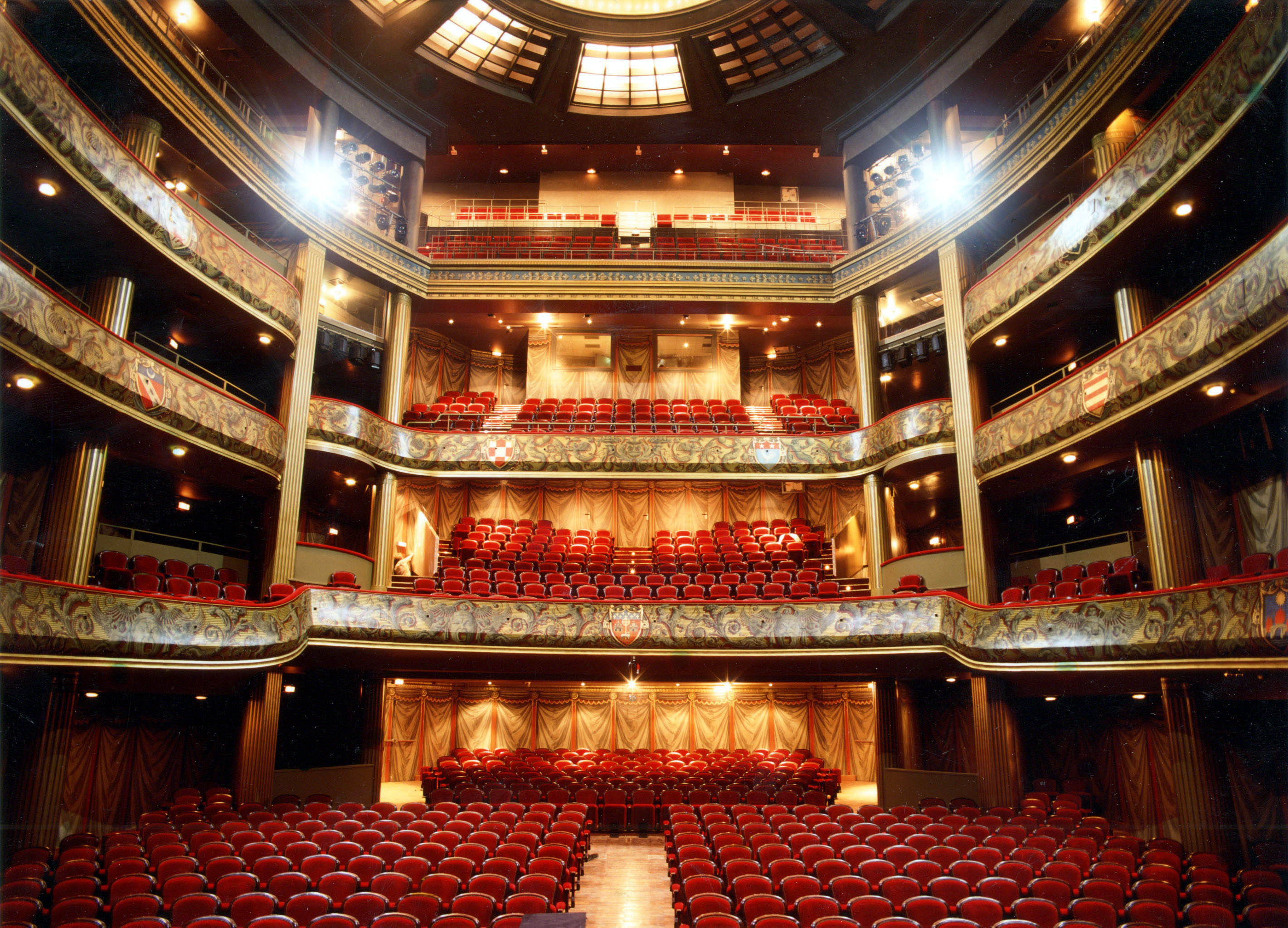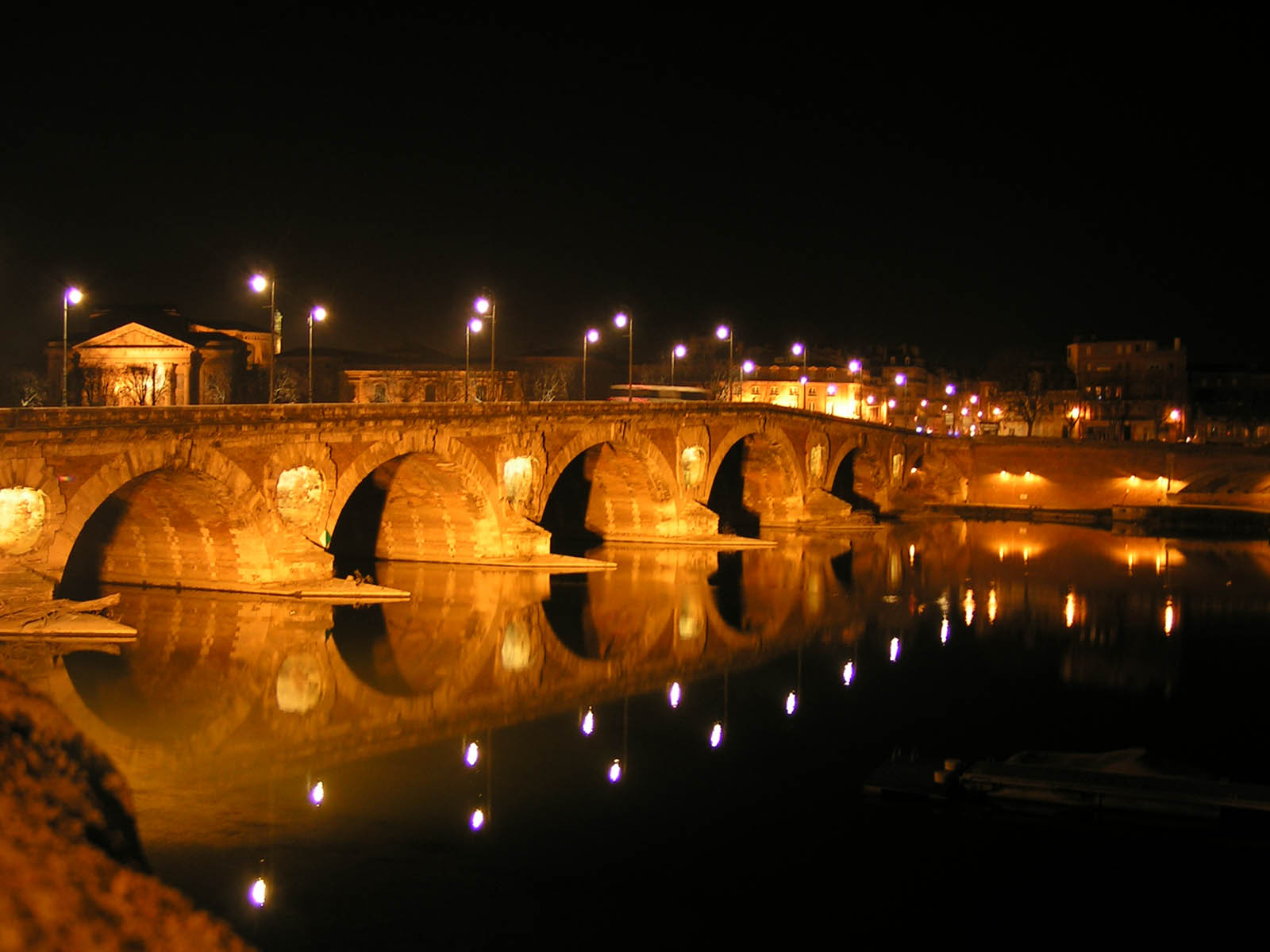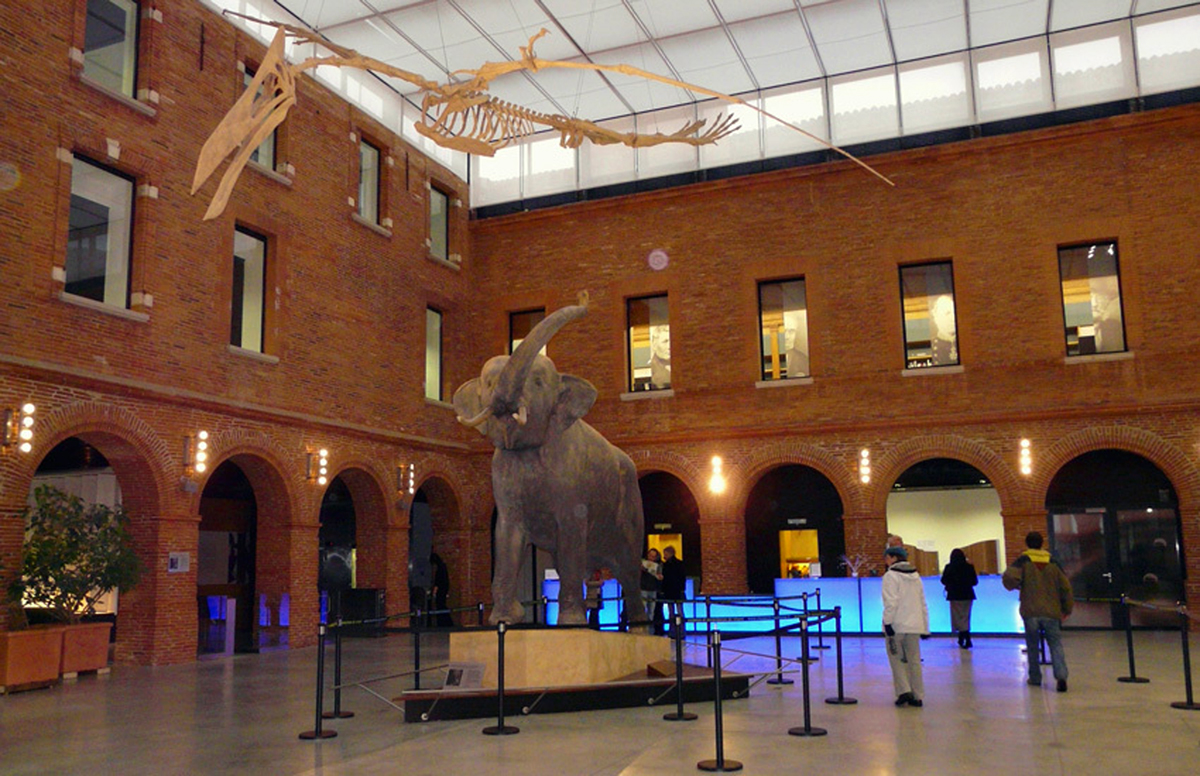IEEE/ACM DS-RT 2014
France
The French Republic is a sovereign country, and it is located in the western Europe. The country is divided in 27 regions, 22 in metropolitan France and 5 overseas. The total territorial area consists of 640,679 km2, containing a population of 66,616,416 inhabitants. With this area, it is the largest country in western Europe, and the Metropolitan France borders the Mediterranean sea, Spain, Monaco (South East), and Andorra in the South; the English Channel and the North Sea in the North; the Atlantic Ocean on the West; and Belgium, Germany, Luxembourg, Switzerland, and Italy on the East.
From the French Alps to the marvellous beaches lining the azure waters in the French Riviera, France is one of the most visited countries in the world. In 2007, it attracted as many as 81.9 million tourists.
France has been a major power in Europe since the Late Middle Ages. It possessed the second-largest colonial empire during the 19th and early 20th centuries. This legacy is reflected in the prevalence of French language, culture, and jurisprudence worldwide. Throughout its long history, France has produced many influential artists, thinkers, and scientists, and remains prominent global centre of culture. It hosts the world's fourth-largest number of cultural UNESCO World Heritage Sites.
Language
The official language of France is French (http://en.wikipedia.org/wiki/French_language), spoken by the vast majority of the inhabitants. However, due to its historical development, other languages might be found in the country; the nine most prominent mother tongues in France are the following: French (86%); German dialects (2.12%); Arabic (2.05%); Occitan language (1.33%); Portuguese (1.27%); Oil languages (1.25%); Italian, Corsican, and Ligurian (1.19%); Breton (0.61%); and other (5.12%).
Although French language is a direct descent of Latin, French people have some of the most diversified genetic make-up Europe, with genes inherited from the Celts (or Gauls), the Basques, the Romans, the Franks (originally from the Benelux) and the Normands (originally from Denmark), which explains the wide physical diversity in French facial traits, as well as hair and eye colours. [=> see map of ethnicities in Europe
In spite of foreign stereotypes, many French people can speak at least one foreign language (45% are able to participate in a conversation in a foreign language according to Eurobarometer in 2005), and English is the most widely spoken (34%).
Passports and Visas
France is part of the Schengen Area: 26 European countries of the European Union with no border controls between them. These countries issue a common visa, the Schengen visa. The 26 Schengen countries are: Austria, Belgium, the Czech Republic, Denmark, Estonia, Finland, France, Germany, Greece, Hungary, Iceland, Italy, Latvia, Liechtenstein, Lithuania, Luxembourg, Malta, the Netherlands, Norway, Poland, Portugal, Slovakia, Slovenia, Spain, Sweden and Switzerland. See this map for the full Schengen area.
A Schengen visa’s validity may be limited to only one country (for instance, France) or a specified number of countries (for instance Belgium, Luxembourg, and France). In such cases, the visa holder may visit only the countries for which the Schengen visa is valid.
Whether you need a Schengen visa depends on your nationality. If you fit in the requirements list in web pages at this link and this link, a VISA is not required for your short stay (less than 90 days). Please note that you need a Schengen visa for a stay of up to 90 days.
How to apply for a Schengen visa can be found here (http://www.diplomatie.gouv.fr/en/coming-to-france/getting-a-visa/).
Please note that in exceptional cases, an investigation will take longer than two months. You should therefore apply for a visa as soon as possible to avoid the disappointment of having to postpone your visit.
If you require a letter of invitation for your visa application please contact the workshop Program Chairs.
Currency & Banking
France is one of the seventeen euro (€) countries. There are eight coins (€ 0.01, € 0.02, € 0.05, € 0.10, € 0.20, € 0.50, € 1 and € 2) and seven notes (€ 5, € 10, € 20, € 50, € 100, € 200 and € 500) available. However, € 500 note is accepted at very few shops, restaurants, etc. and € 200 and € 100 notes are not accepted by small shops and supermarkets either. Credit cards, almost all major cards, are also accepted at most restaurants and shops. However, it is advisable to ask in advance. ATMs can be found even in the smallest villages across the country and you can use most credit cards to withdraw cash money from those ATMs. They often operates 24/7.
Time difference
France is in the Central European Time Zone. Central European Standard Time (CET) is 1 hour ahead of Greenwich Mean Time (GMT+1).
Climate
France has a temperate climate, and is made up of four broad climatic zones:
- the humid seaboard zone west of the line Bayonne-Lille with cool summers;
- a semi-continental zone with cold winters and hot summers in Alsace-Lorraine, along the rhodanian corridor and in the mountainous massifs (Alps, Pyrénées, Massif Central);
- an intermediate zone with cold winters and hot summers in the North, the Paris region and the central region;
- a Mediterranean zone with mild winters and very hot summers in the south of France.
Click here for actual weather conditionsElectricity
Standard power supply in France is 220V/50Hz (two-pin power outlet, type C or E).
Toulouse
Toulouse, known as la ville en rose, or the city in pink, is the major city of the southwest of France and the gateway to the Pyrenees mountain range; it is also France's fourth-largest city and the old capital of Languedoc. The many red-brick buildings are what gives Toulouse its nickname, La ville rose (The pink city). The city, on the Garonne river, is on the site of an ancient Roman settlement; even today many of the smaller streets follow their Roman counterparts and many of the red brick buildings are of a pseudo-Roman style.
Complementing this distinguished history, Toulouse is also a city of the future and the high-tech center of the aerospace industry in France. It is home to two huge aircraft makers - Airbus and Aérospatiale - and the National Center for Space Research has been headquartered here for more than 3 decades. The first regularly scheduled airline flights from France took off from the local airport in the 1920s. Today long-range passenger planes of the Airbus consortium, the most important rivals in the world to Boeing, are assembled in a gargantuan hangar in the suburb of Colombiers. In 1997, Toulouse launched an air and space museum.
There are over 449,000 people living in Toulouse and a growing number of newcomers choosing to settle in the city. It has the fastest population growth rates in France and a large number of new residents arrive in the city to work in the main industries of aeronautics, space, electronics, information, and Oncopole, the largest cancer research center in Europe. The city also attracts a large number of students, making it the 2nd largest university city in France with more than 120,000 students, which makes for a very youthful city. The extraordinarily high population of students also contributes to the pulse of the city. The numerous bars and clubs ensure an attractive nightlife where the party can go beyond the early hours of the morning.
Toulouse is positioned in an enviable geographical location at 150km from the Mediterranean Sea, 250km form the Atlantic Ocean and 110km from the ski resorts in the Pyrénees. It is also close to Spain, giving easy access by road to visit cities such as Barcelona, Bilbao and San Sebastián. Toulouse is very attractive to tourists who come to visit the Canal du Midi (a UNESCO World Heritage site) the Space City, Capitole Theater, the Airbus factory, cathedrals, and museums.
Here is a short list of must-see touristic sites in Toulouse:
- Basilique Saint Sernin
- Hôtel d'Assézat
- Capitole
- Pont-Neuf
- Le Couvent des Jacobins
- City park at the Grand Rond
- Les Augustins
- Les Abattoirs
- Georges Labit Museum
- Canal du Midi
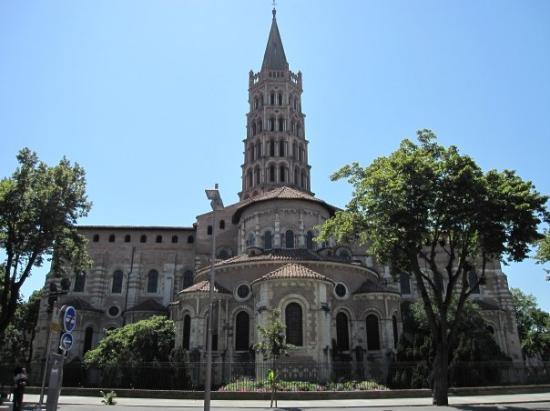
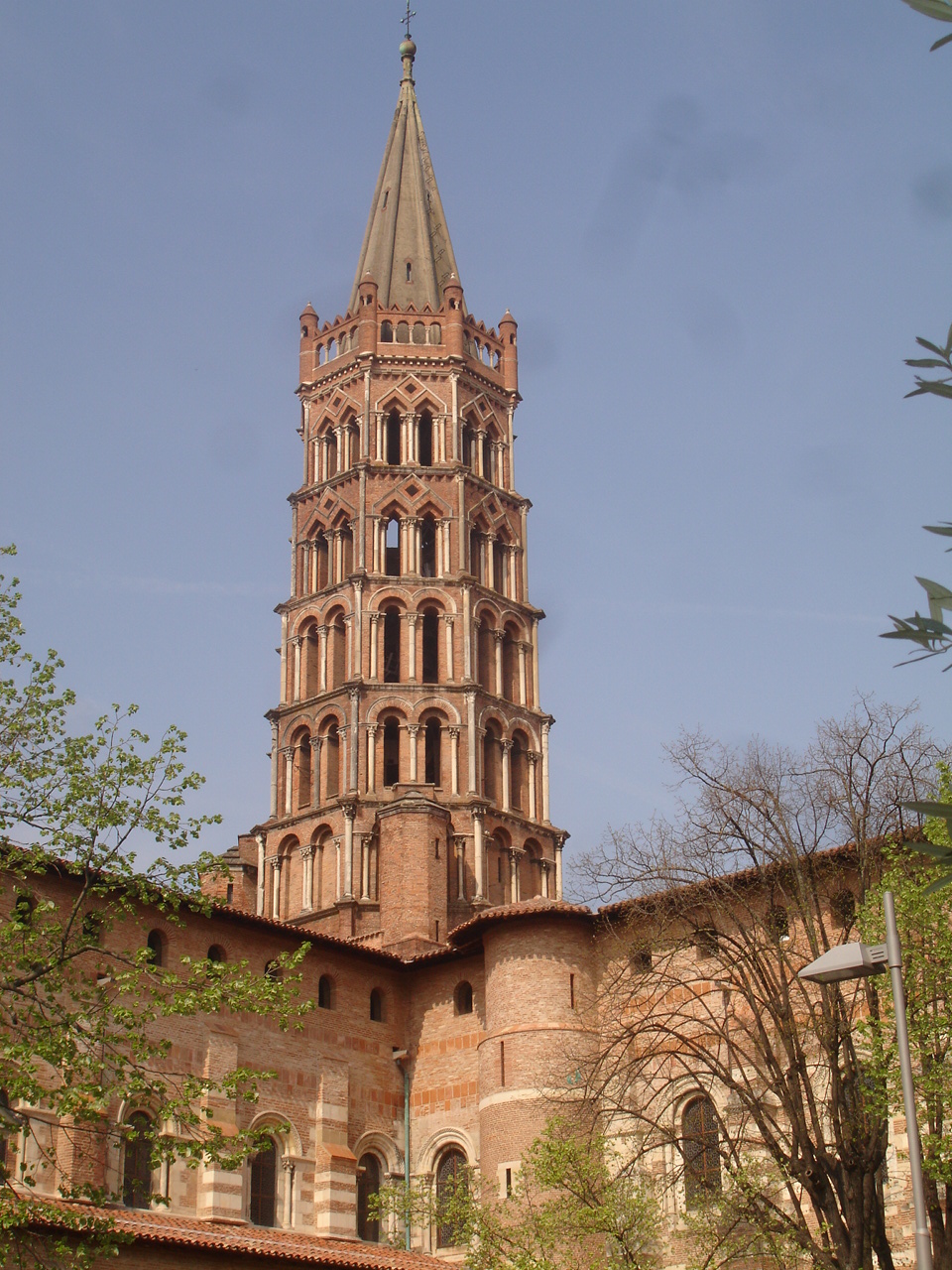
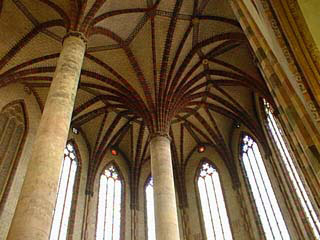
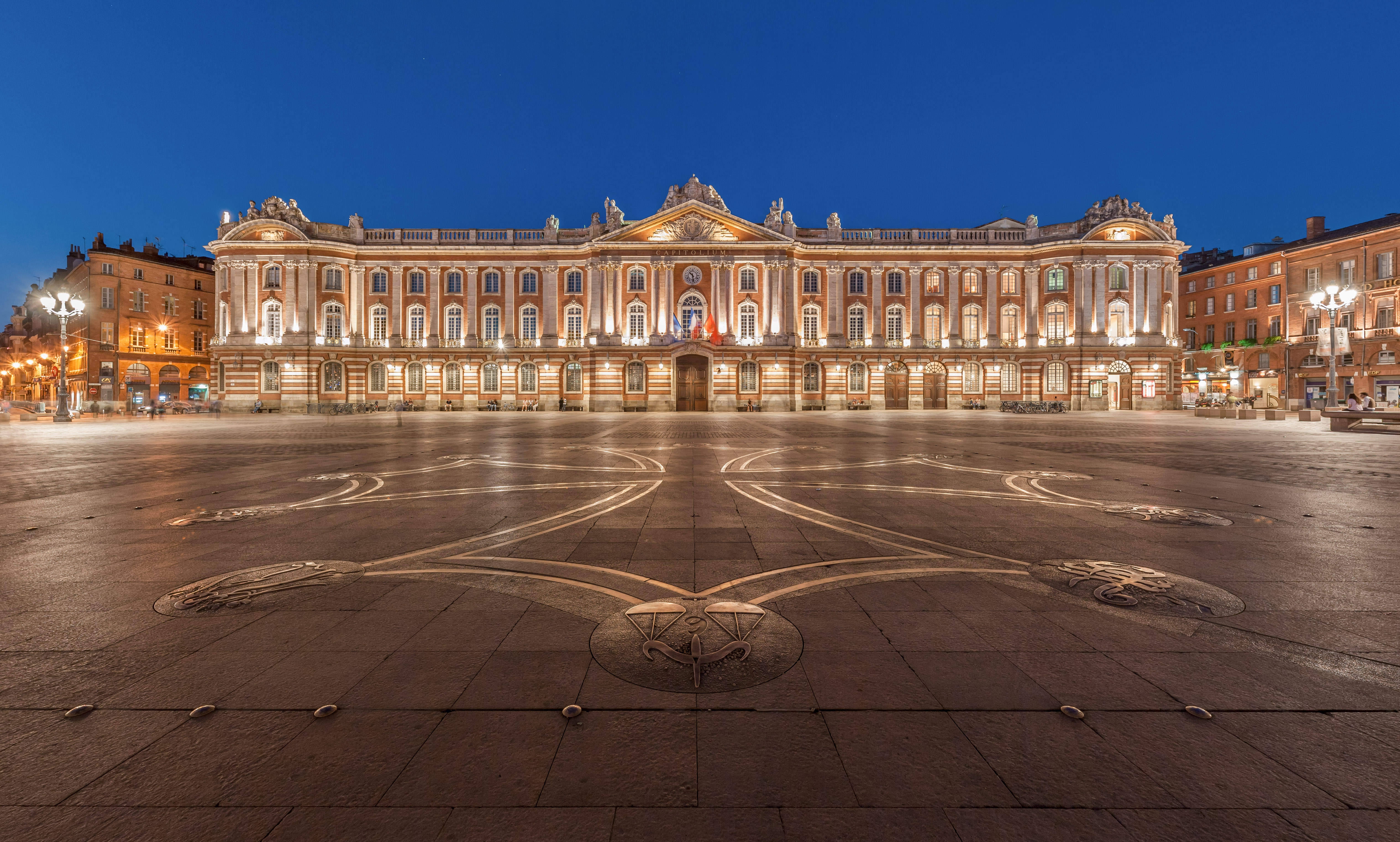
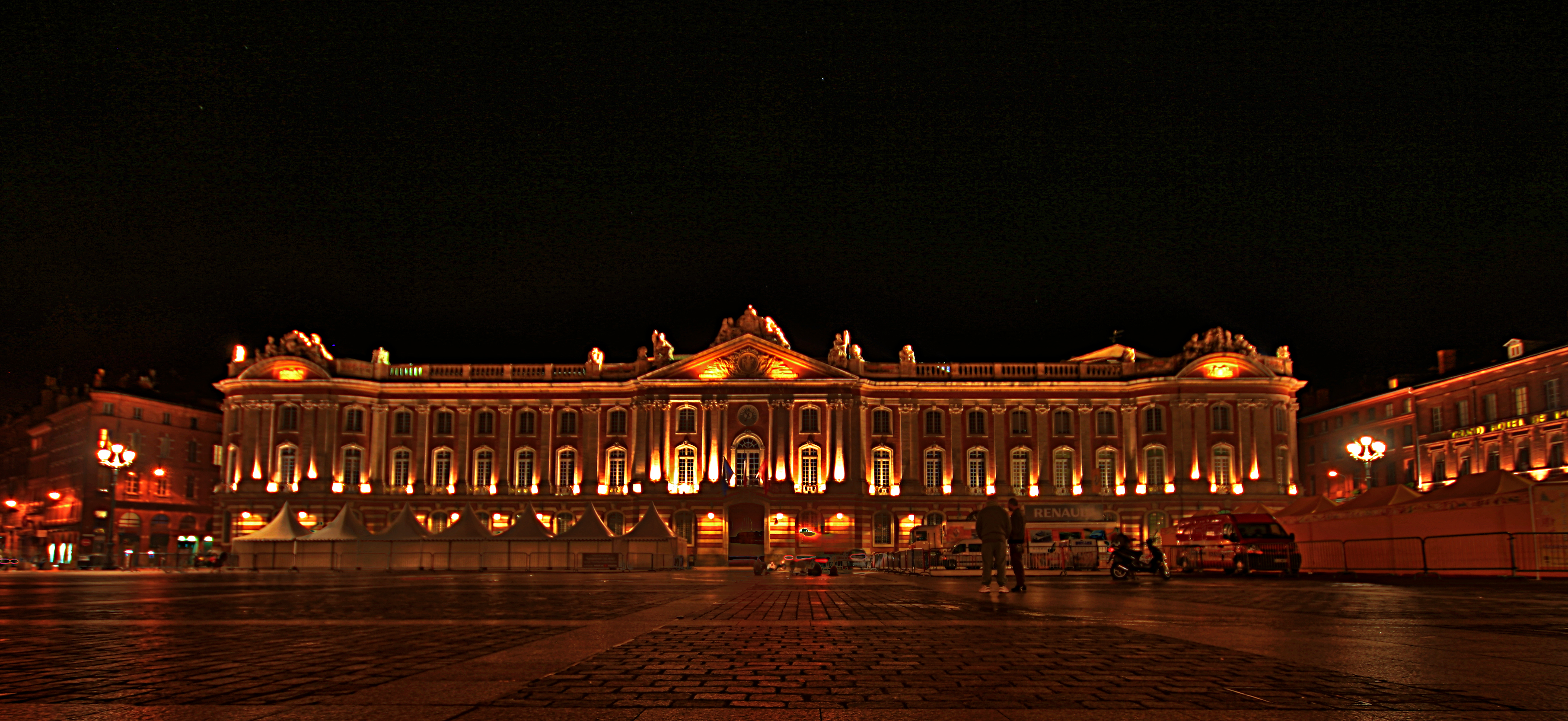

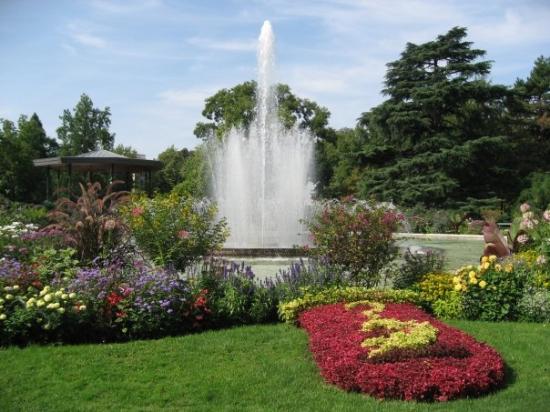
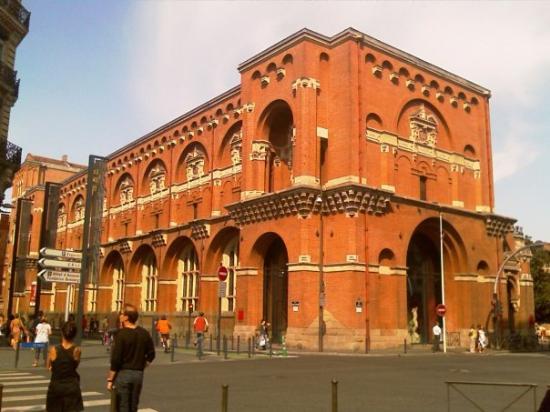
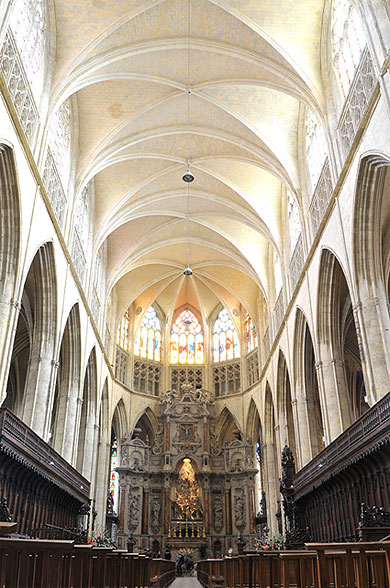
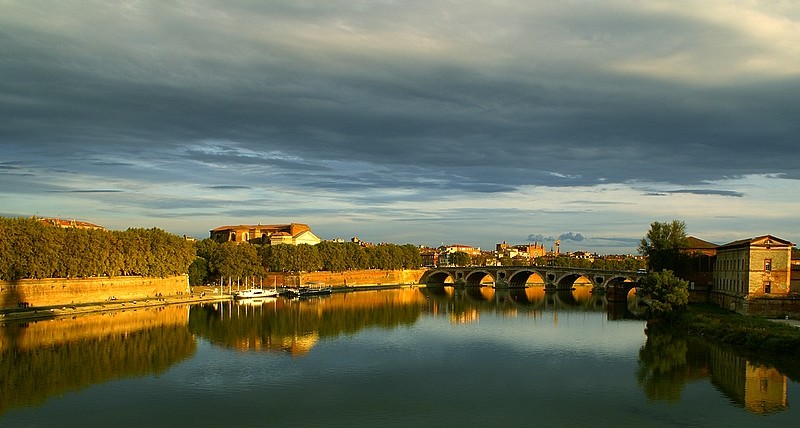
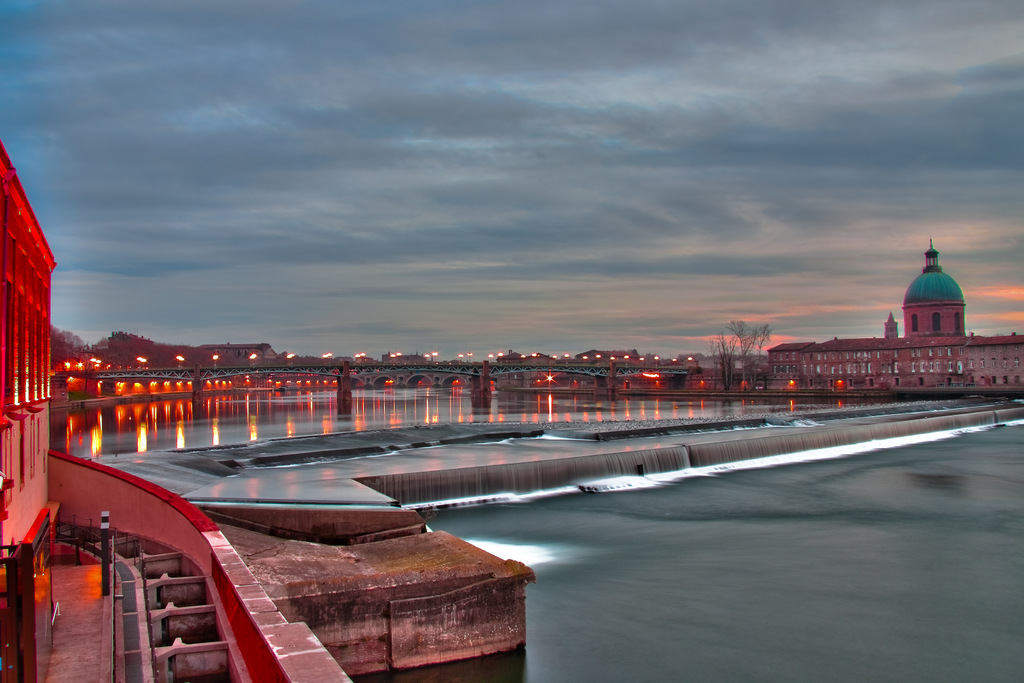
More information about visiting Toulouse, please go here (http://www.toulouse-visit.com/).
